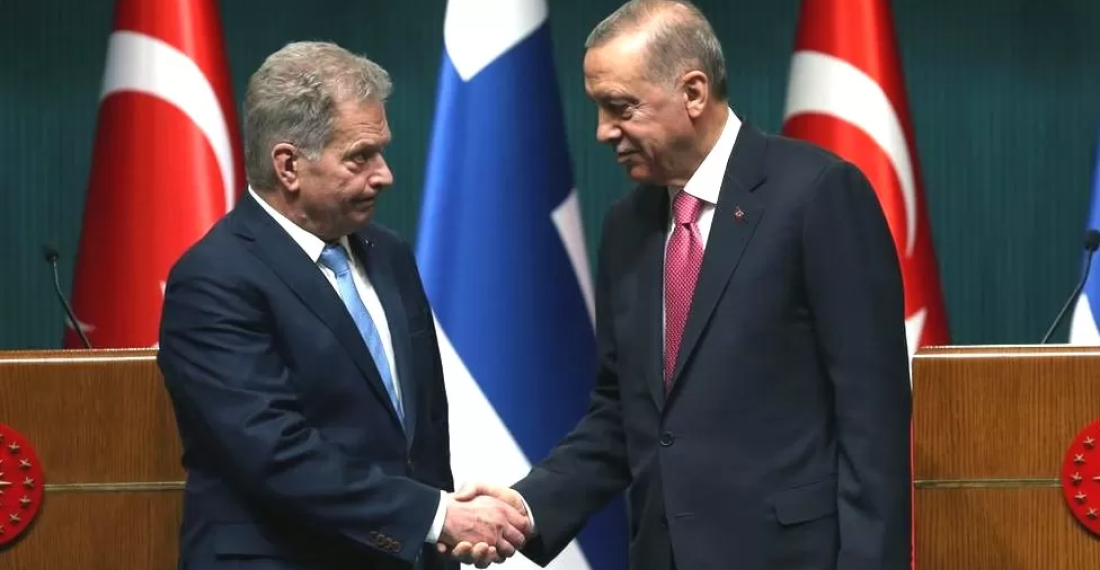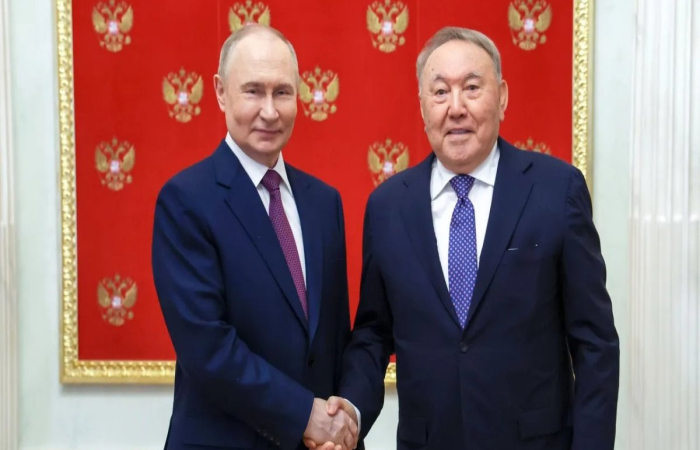Finland is set to become the 31st member of the North Atlantic Treaty Organization (NATO) military alliance after approving its membership in a parliamentary vote late on Thursday (30 March).
After months of stalling over claims that Finland, along with its nordic neighbour Sweden, were supporting Kurdish "terrorists", the Turkish parliament finally approved Finland's membership in a vote of 276 MPs voting for, and 0 voting against.
While Finland will now be formally admitted into the military alliance at its next summit in July in Lithuania, Sweden's membership bid, which was submitted at the same time as Finland's, is still being held up by Ankara and Budapest.
In a statement following the Turkish vote, the Finnish government said joining the alliance would strengthen the country's security, and improve stability and security in the region.
Meanwhile the Finnish Prime Minister Sanna Marin tweeted, "as allies, we will give and receive security. We will defend each other. Finland stands with Sweden now and in the future and supports its application."
NATO border with Russia set to more than double in length
One of the reasons given by Russian President Vladimir Putin for launching his full-scale war in Ukraine was, supposedly, to prevent NATO expansion further to the east in the form of Ukraine joining the alliance. In reality, it has achieved the exact opposite.
His invasion of Ukraine rattled Finland and Sweden, the former of which has a 1,340km border with Russia. Before 24 February 2022, only about one third of Finns supported joining NATO, but the figure now stands at almost 80%.
With Finland's accession, the length of the NATO border will more than double from around 1,200km to well over 2,500km.






